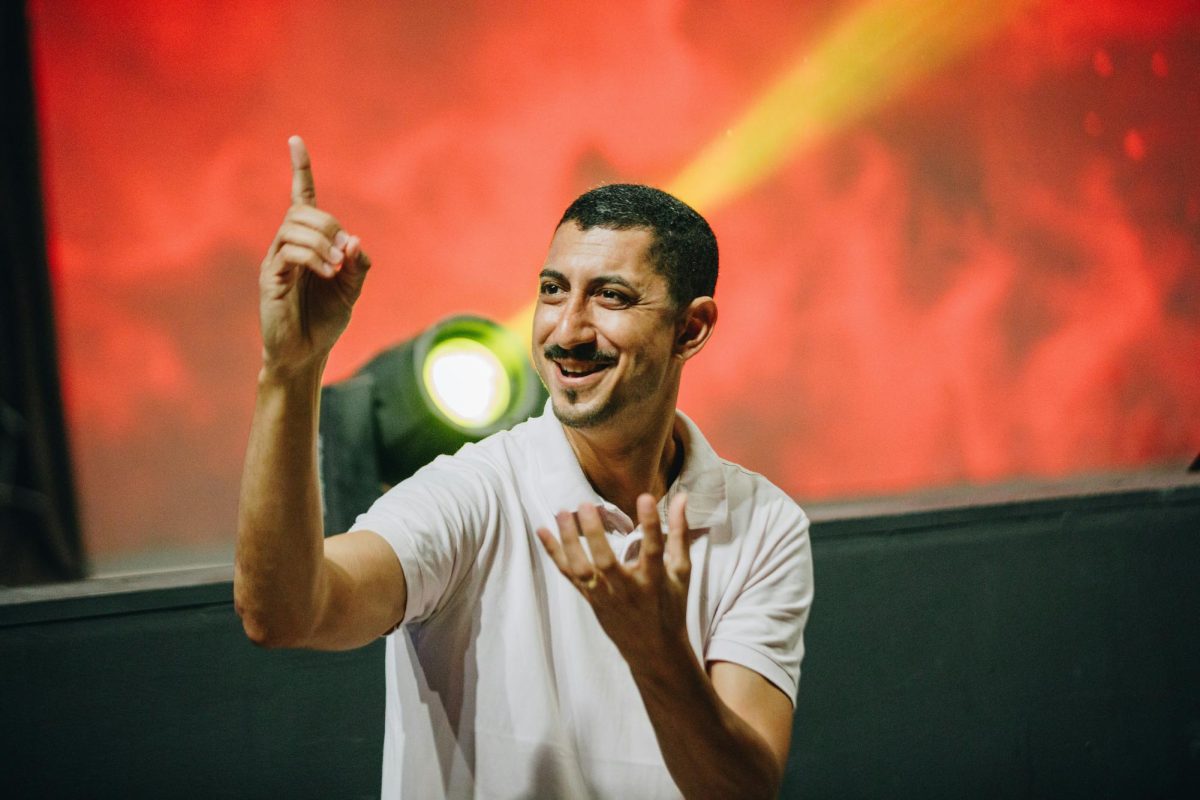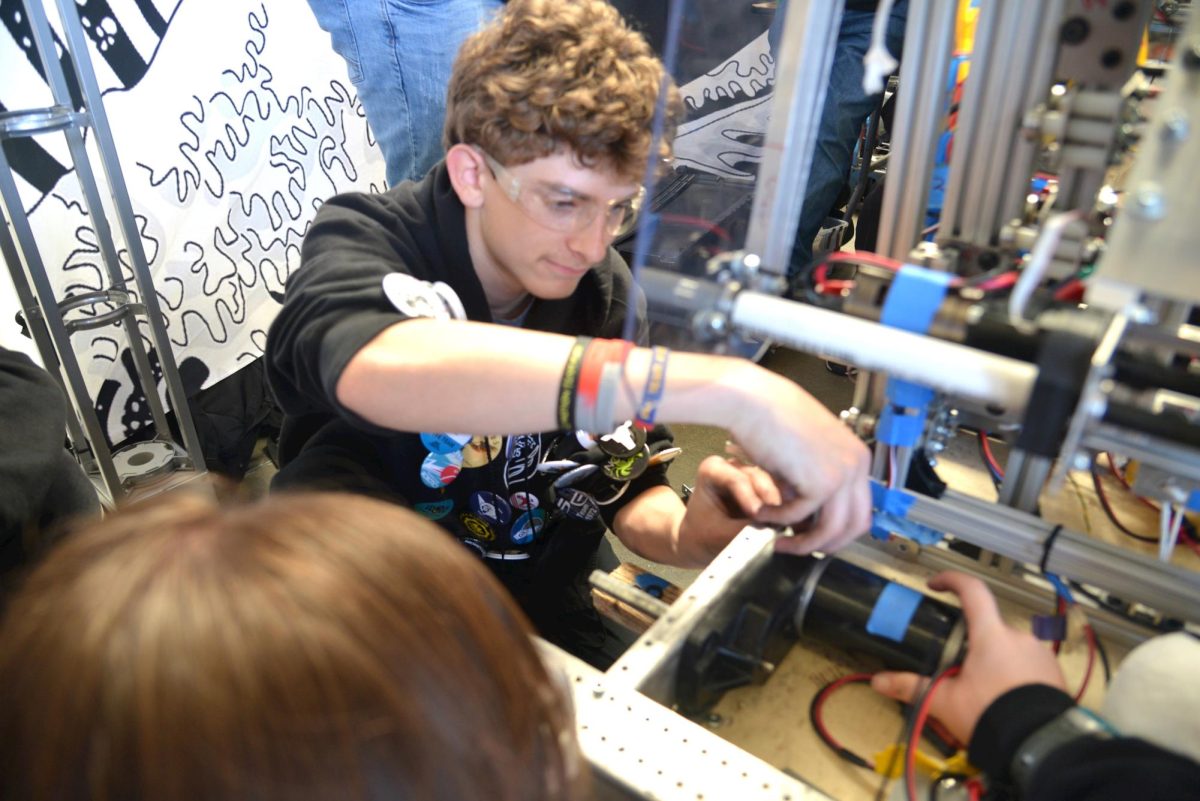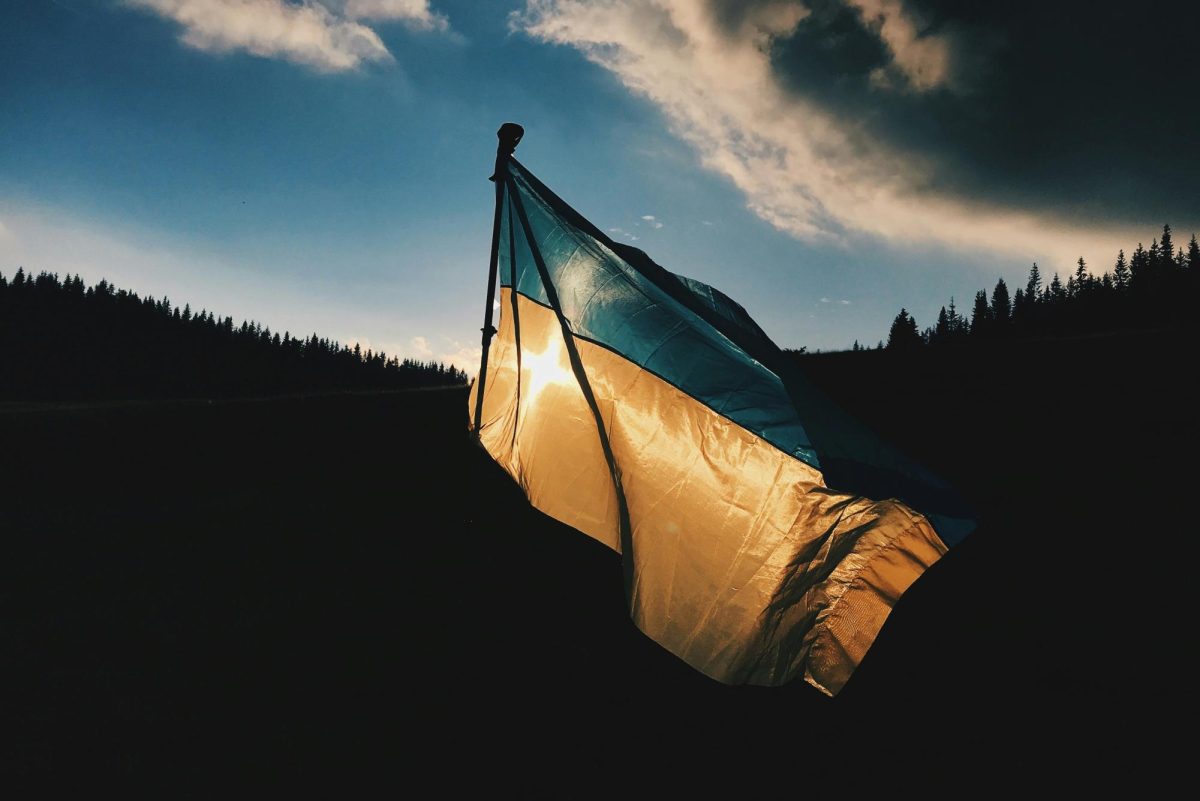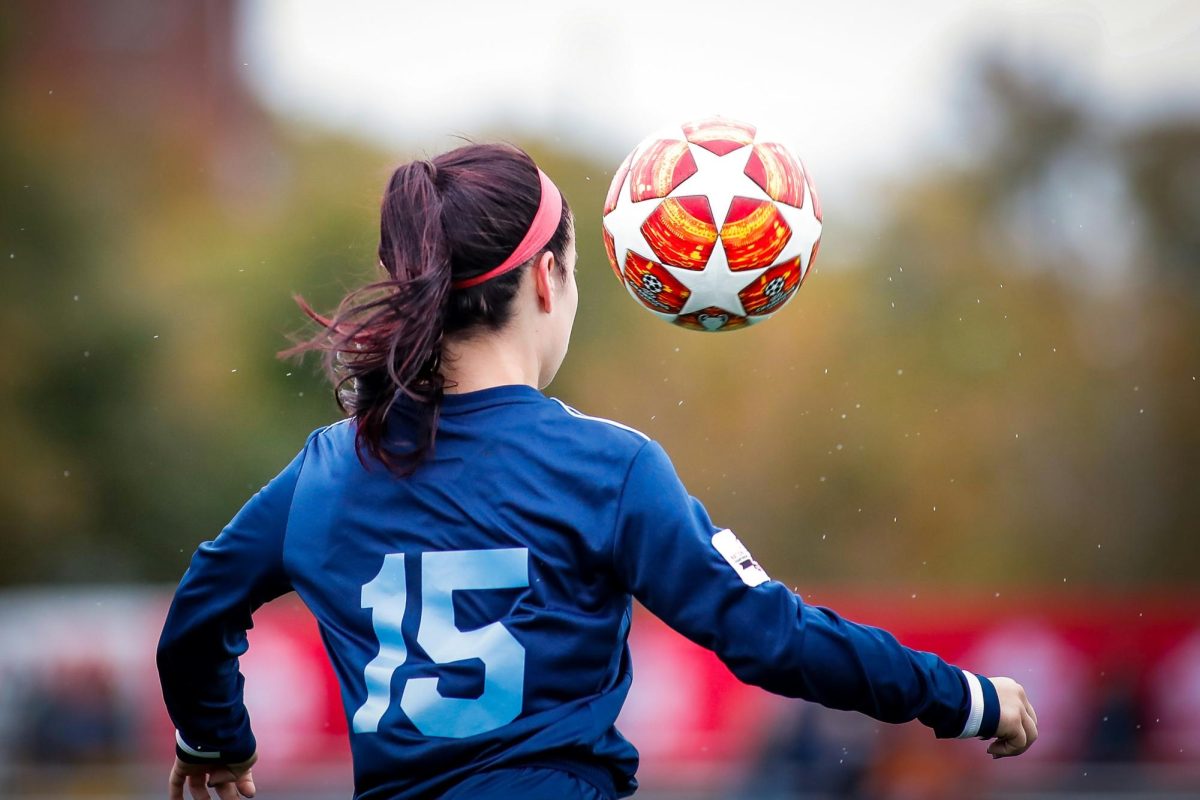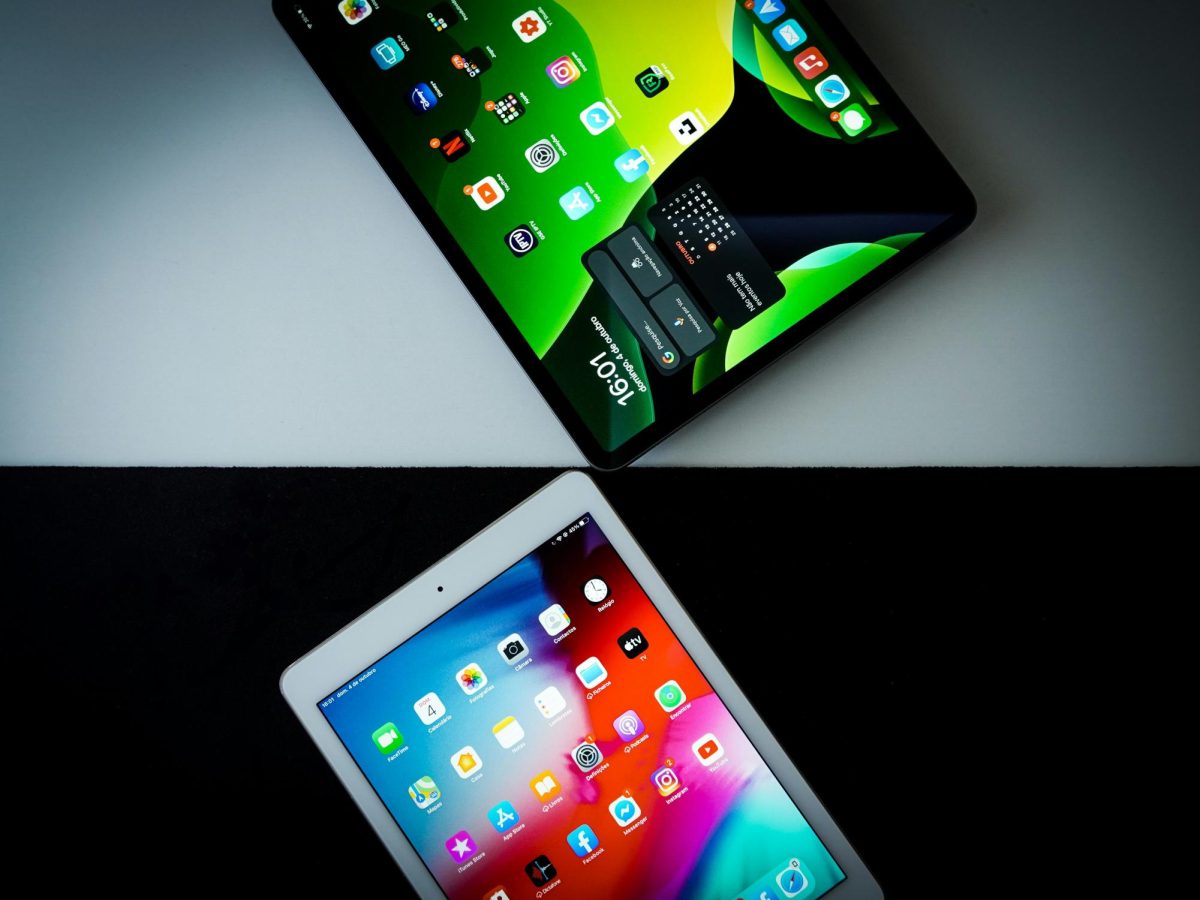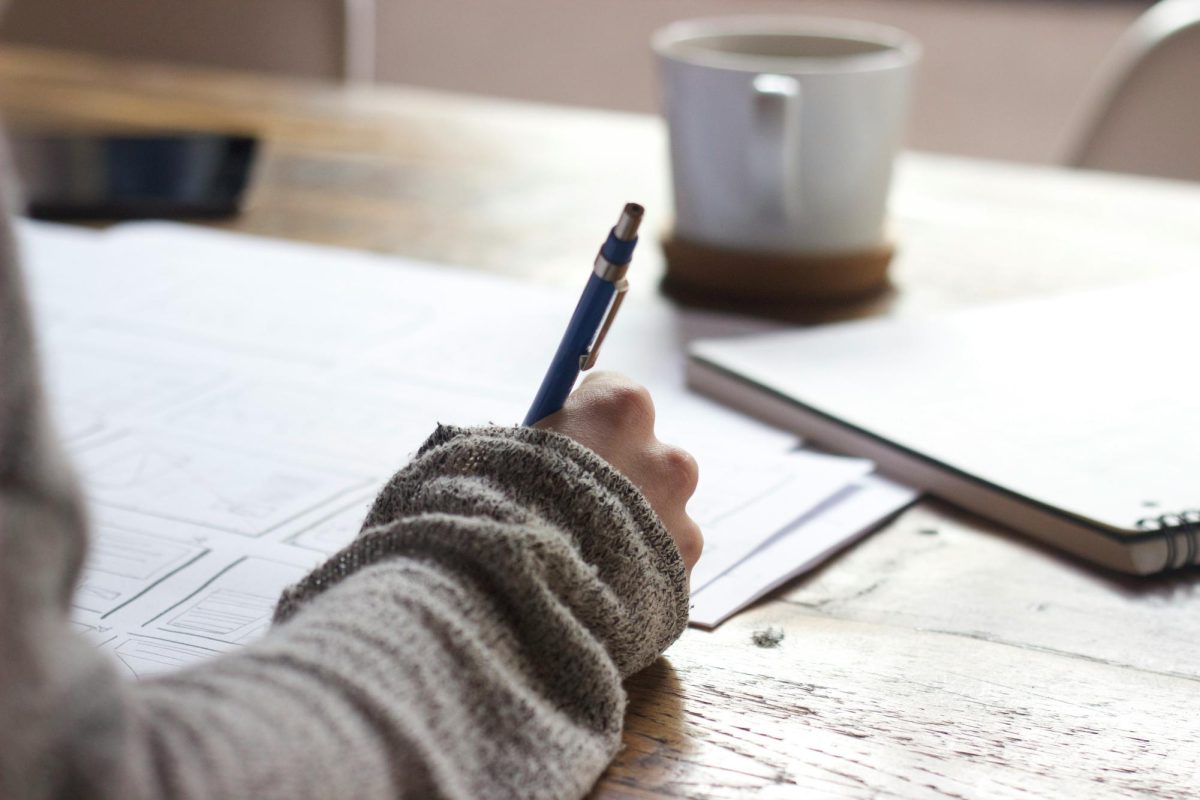Ask Arcelita: Where did all the time go?
October 26, 2015
How do you prevent yourself from procrastinating? I need to work on my time management and efficiency skills.
Dear Reader,
Procrastination is a downward spiral into stress, disorganization, and just an overall bad day. I don’t know about you, but I like my days happy. I’d be lying to you if I said I never raced the clock to submit an essay to Turnitin by 11:59 p.m. It happens. However, this situation is very easily avoidable. Here are some tips on how to stop procrastinating today, not tomorrow!
There is time to do whatever you choose to do in the day. There are 24 hours, 1,440 minutes, 86,400 seconds. Every minute we spend is valuable and irreplaceable. With that being said, prioritize. You know “you” best. You know what is important to you, and what must be done. Whether it is school work, college applications or athletics, you know what must be done, so do it. There is so much time in the day, that we don’t recognize how we waste it. Our hands can go in all directions, not just clockwise! We should use that to our advantage. Do not forget that although the hands on the clock do not grab anything, they take the most valuable thing, time.
Secondly, a Game Plan is not just for “The Rock.” Although the title of a memorable family film, “game plans” are so much more! Creating a game plan will help you organize the different aspects of your day, identifying the “big move” versus the “warm-up.” With a game plan, you can see all you want to accomplish in an organized fashion. Organization is key in ensuring that you don’t put off an assignment until the last minute.
Distractions can be avoided. It’s hard to complete any task when you’re distracted. Often, distractions are one of the key components to procrastination. Netflix begs us to continue watching with their rolling episodes, and it seems that we can scroll through the same Instagram posts numerous times. An easy way to avoid these distractions is by realizing how often you succumb to them. For example, on Instagram, I have a setting that logs me out each time I close the app. In turn, any time I want to use check Instagram, I have to type in my username and password. Those extra seconds of typing allow me to realize what I’m doing, and make the conscious choice to put down my phone and continue working (or log into my account, in a moment of weakness.) To stop distractions, you should reflect and realize what it is that distracts you. This realization will give you the power to consciously avoid such distractions.
See the bigger picture. Even though you may not want to do an assignment this instant, remind yourself of the bigger picture. We all have goals. Whether your goal is to get an A in a class, to maintain a certain grade point average, or to be accepted into a particular university, let those goals serve as your motivation. Write your goal in your planner and on the top of your papers so you have a constant reminder of why you should do the assignment right now, with effort. When it comes to effort, remember: if you don’t have time to do it right the first time, you’ll need to makeup for that time to do it right later.
Also, see the smaller picture. The smaller picture could be a small reward you promise yourself for completing a task. Rewards are effective – big or small. While taking the AP World History course, I would put a gummy bear at the end of each section as a fun motivation to continue reading about the Shang Dynasty. It’s a small reminder, but any positive reinforcement helps.
You can accomplish anything, today, not tomorrow.
Always and Absolutely,
Arcelita



